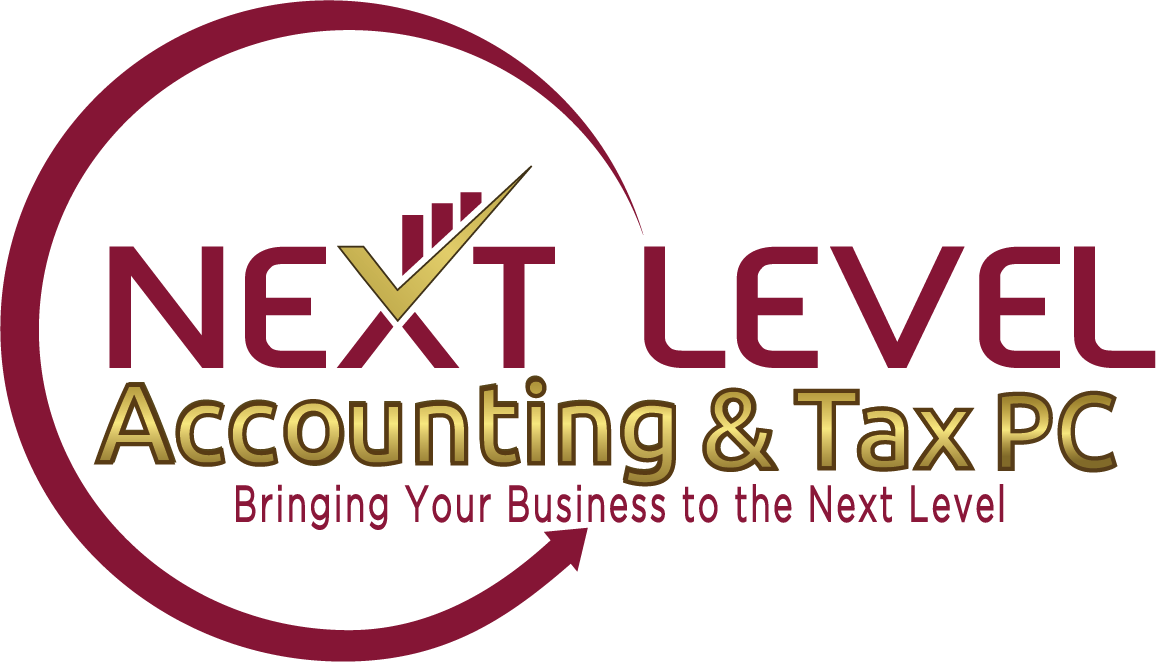Is Filing a Tax Extension Bad for Business?
 Don’t be Like the White Rabbit: Late for a Very Important Date!
Don’t be Like the White Rabbit: Late for a Very Important Date!
Many small business owners are afraid to file for a tax extension because they think that it will increase their risk of an audit. This is one of the biggest tax preparation myths out there. The benefits of filing for an extension significantly outweigh any potential downside.
The IRS makes it easy for you or your tax preparation service to file for an extension. By submitting Form 7004 either online or through the mail, you can get up to six additional months to file your return. However, for certain businesses (like sole proprietorships) where the business activities are reported on the business owner’s personal tax return, a personal extension should be requested with IRS Form 4868 instead. The key thing to keep in mind is that you do not get extra time to pay any taxes that are due — you will need to pay those by March 15 to avoid being subject to IRS collections.
Filing for an extension has three key advantages:
- It gives you additional time to get your information together and ensures that you not only file a complete return but also that you have time to review it so that you file an accurate return.
- It moves tax preparation out of the first quarter. Many businesses have a lot of work to do during the first three months of the year, and with an extension, you can move all of that accounting work to a quieter period of the year.
- It gives you more time to fund some retirement plans, such as SEPs and IRAs. These plans let you put money away on a tax-advantaged basis, but to shelter your contributions from taxes, you have to have funded them for the tax year before you file that year’s return.
Here are some important business tax extension rules to keep in mind:
• Be Accurate. Business extensions are considered automatic, as long as Form 7004 is completed and filed correctly. Your tax extension will be denied if there are errors on your extension application (such as the wrong Tax ID Number).
• Pay Any Taxes Due. A tax extension does not give you more time to pay your taxes – it only gives you more time to file your tax return. If you owe taxes for the year, you are still expected to pay by the original due date (March 15 or April 15, depending on the type of business). If you fail to pay your tax liability by the original deadline, you will be subject to IRS penalties and interest charges. Therefore, you should pay your taxes with your extension to avoid the late fees.
• File On Time. You must submit your extension application, Form 7004, on or before the original filing due date of your tax return. This deadline will vary depending on the type of business entity. For most partnerships, estates, and trusts, the original filing deadline is April 15 (for calendar year taxpayers). For most corporations, including C-corporations and S-corporations, the original filing deadline is March 15.
While the tax experts at Next Level Accounting & Tax can get your return filed before March 15, they can also help you take advantage of the IRS’s liberal extension policies. Talk to them to find out how to make the IRS work around your schedule instead of the other way around.
